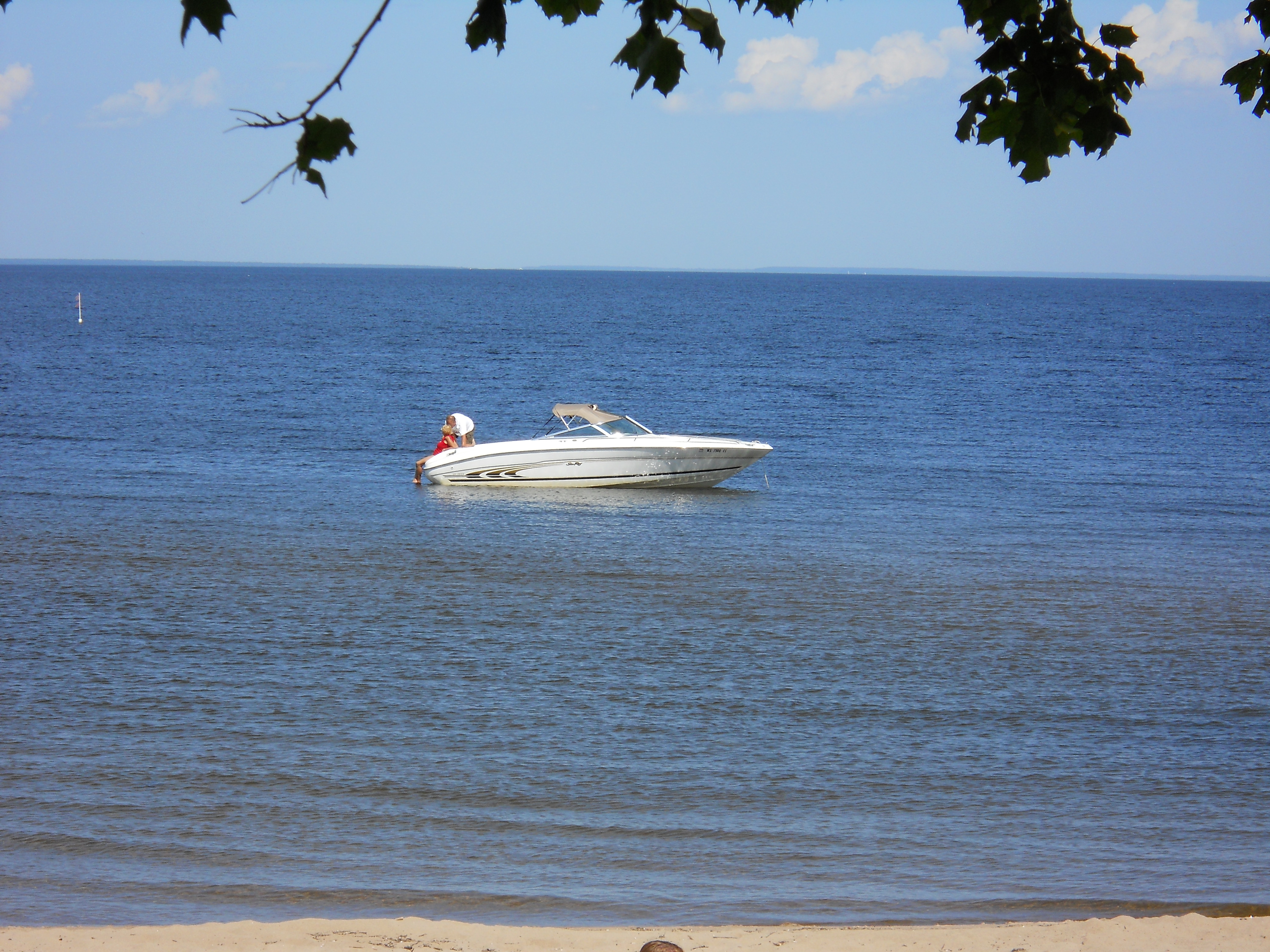GET THE PROPER EQUIPMENT
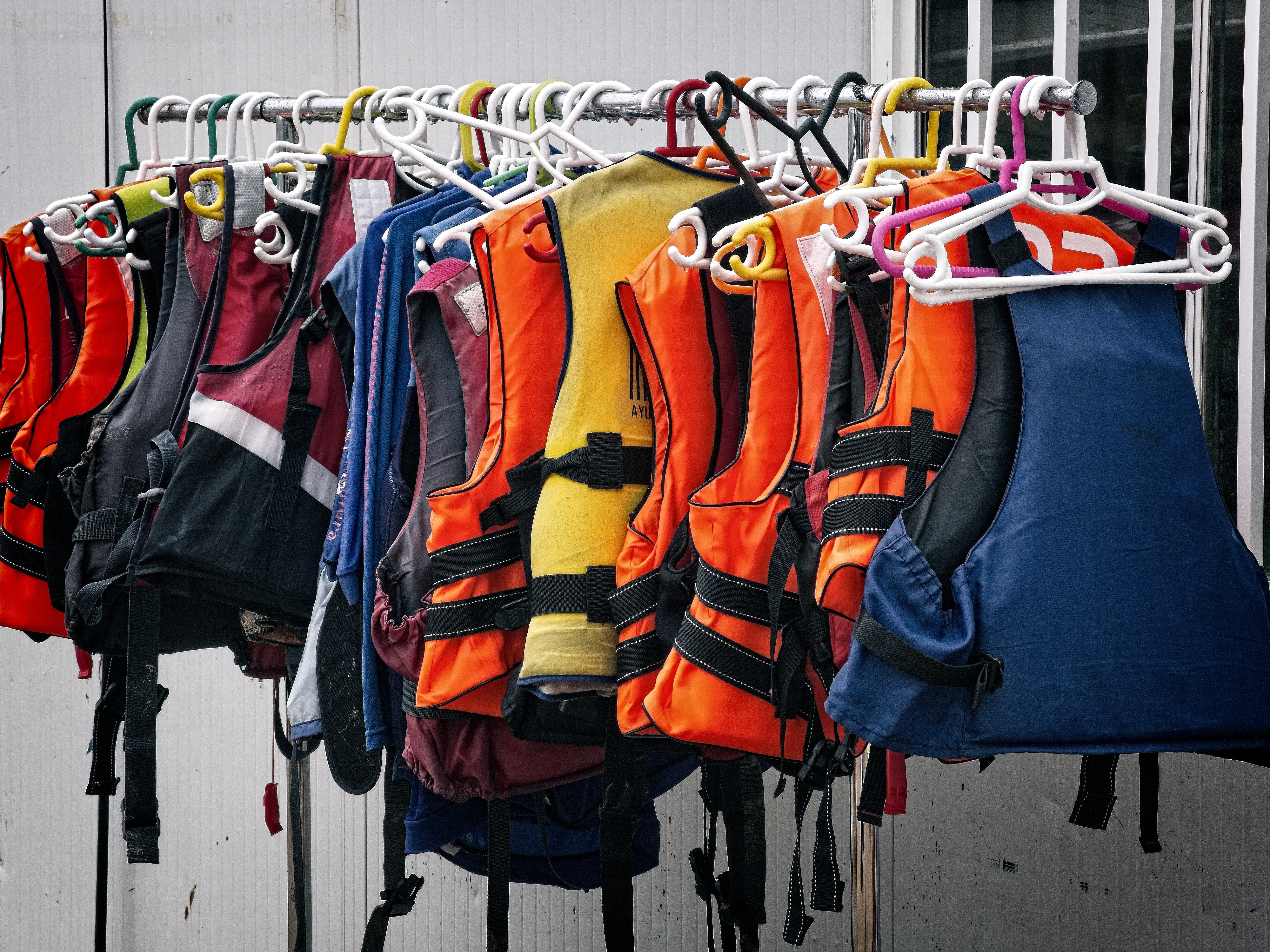
Prepping your boat with the proper equipment, like safety devices and USCG approved items, will help immensely out on the water. First and foremost, get a life jacket for everyone on board. If you already have personal flotation devices, check to make sure they are in good condition and U.S. Coast Guard approved. In addition, make sure to have the required navigation lights, fire extinguishers, an emergency indicating radio beacon, a flashlight, flares, and a first-aid kit.
---------------
WEATHER
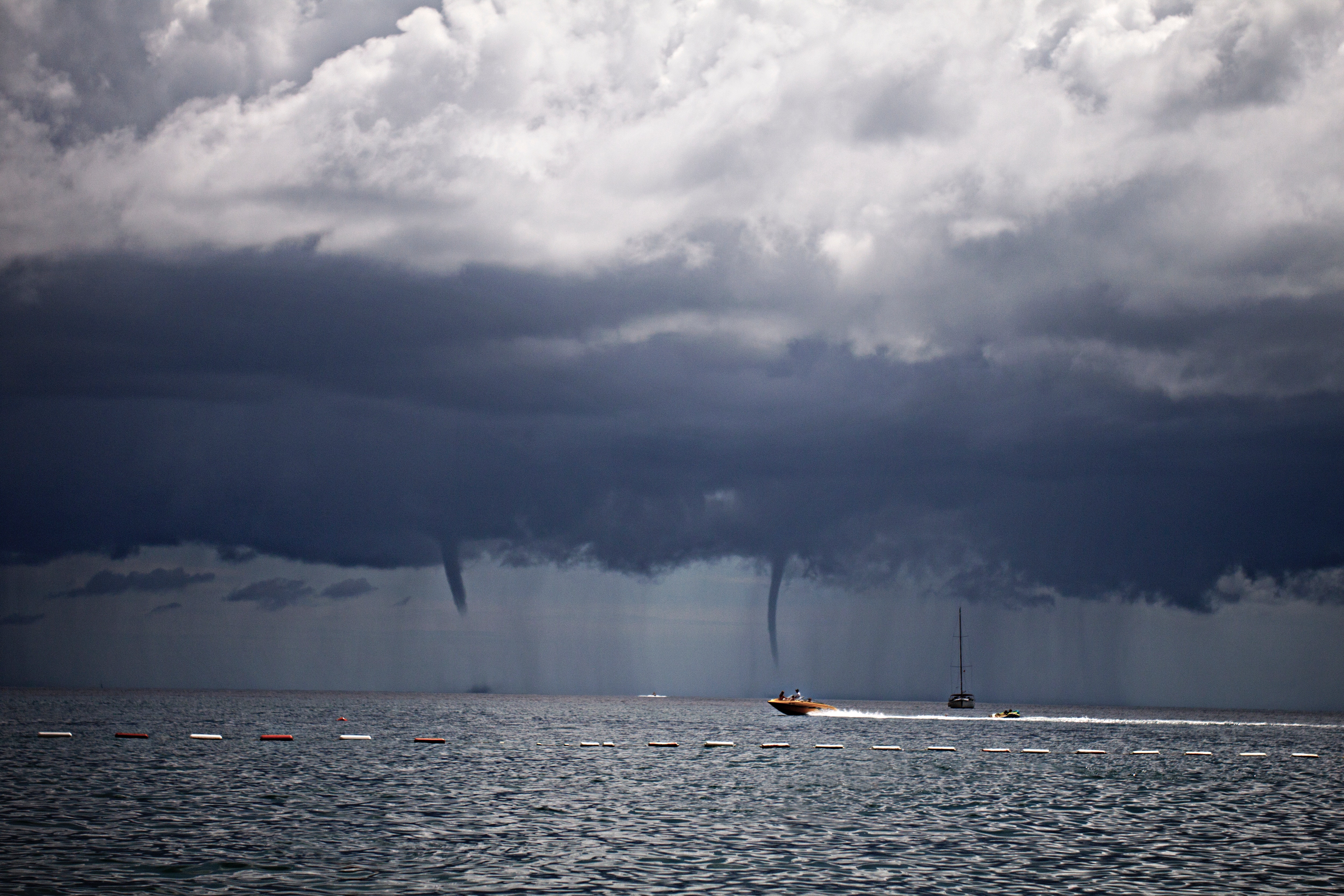
Check the marine forecast before heading out on the boat. Bad weather conditions lead to more boating accidents and should always be considered when planning a day on the water. The forecast will tell you wind speed and direction, wave heights and period, and shore roughness. Most VHF radios have a weather station that continuously broadcasts conditions and advice. As disappointing as it may be, always be prepared to cancel your plans if conditions are bad. You are the captain and thus responsible for the safety of your boat and everyone on it.
---------------
FOLLOW THE RULES
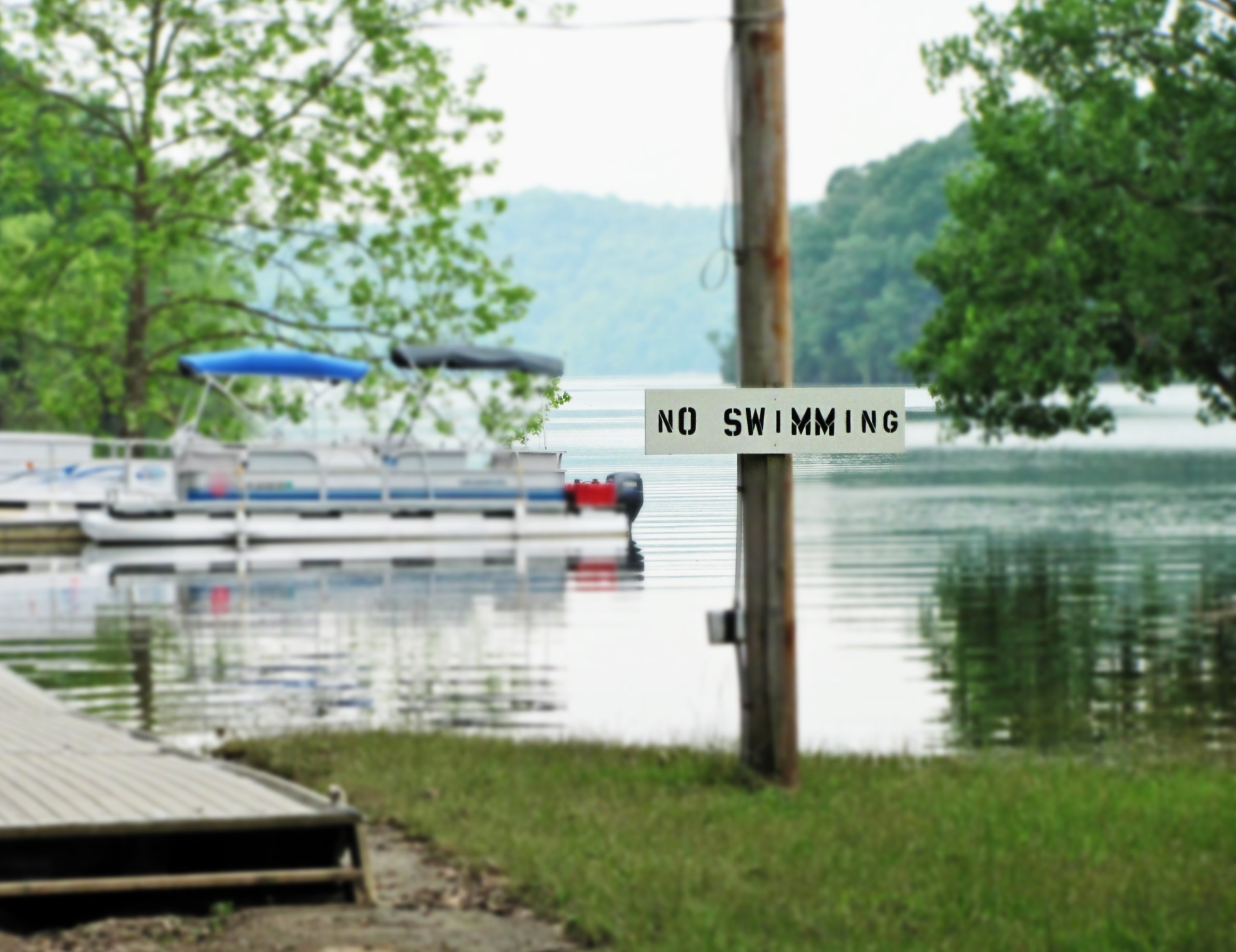
Follow all the rules and regulations from your boating safety course. Practical safety considerations relating to your boat are essential for every trip on the water. Obey marine traffic laws, distress signals, and other boating signals.
For more on the unwritten rules of the water, click here.
---------------
MAINTENANCE
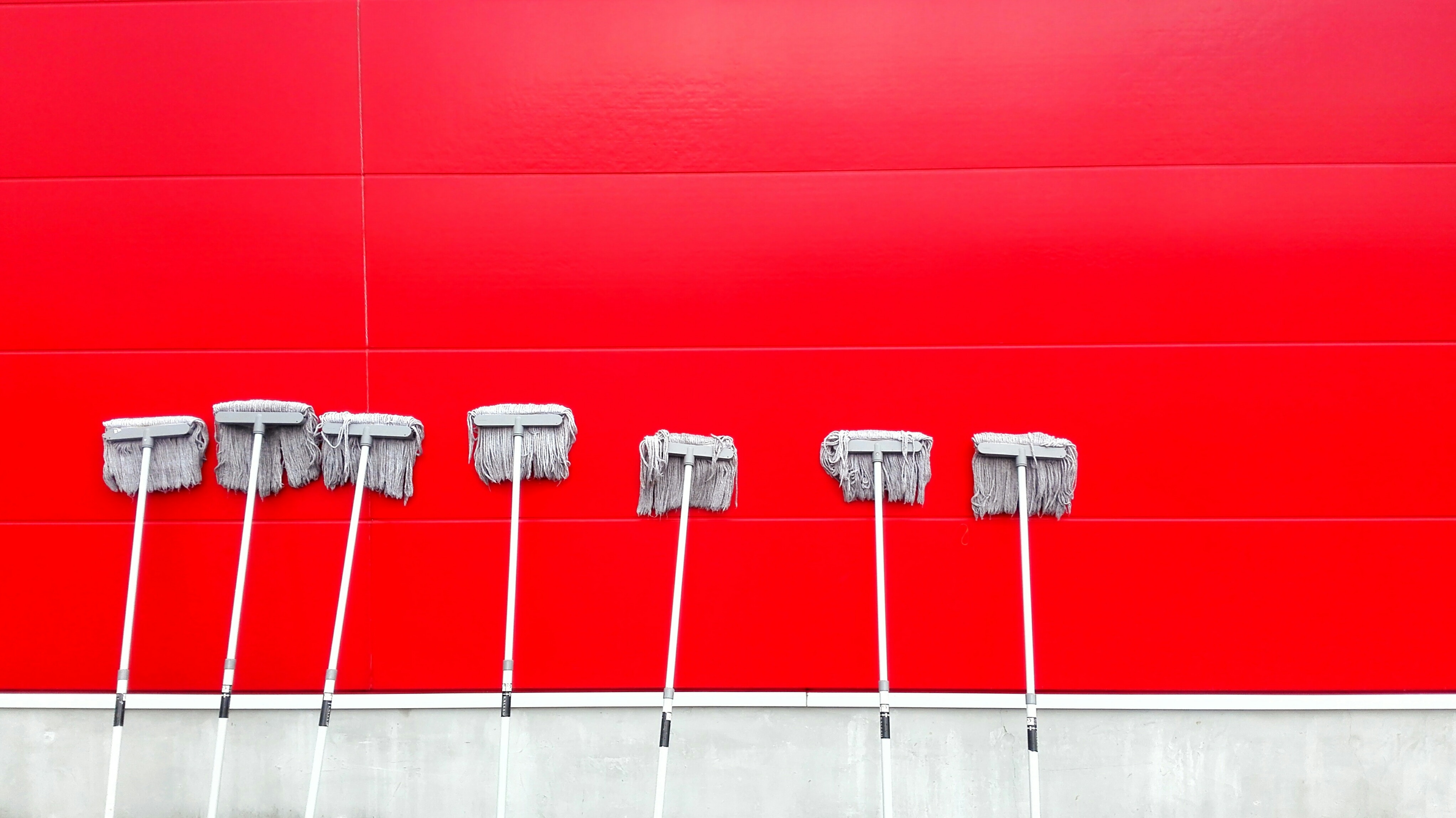
Taking the time to keep your boat in good condition will not only preserve the long-term value of your watercraft, but will also ensure that it stays seaworthy. A well-maintained boat is more likely to withstand damage from an accident.
---------------
LOAD YOUR BOAT CORRECTLY
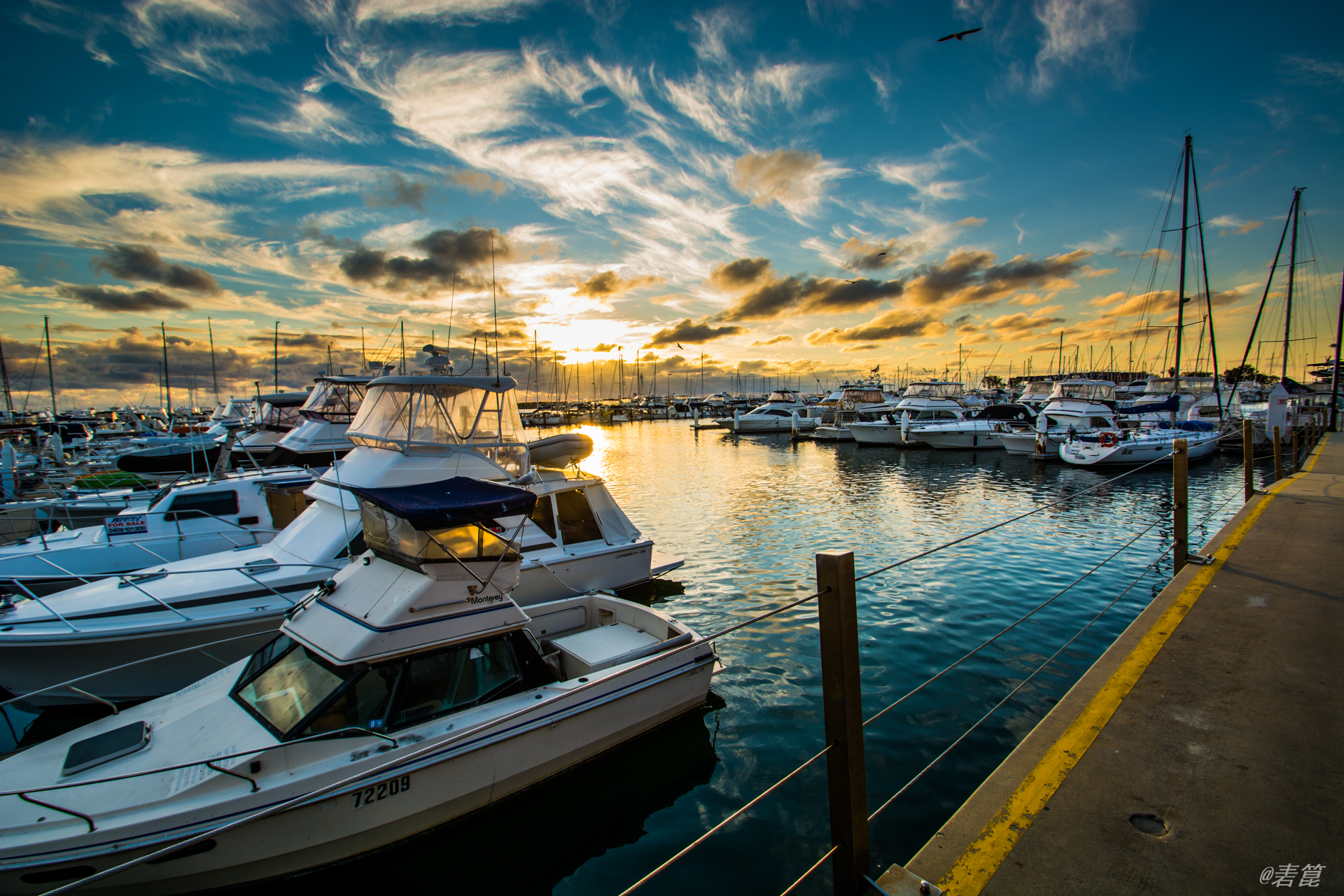
It’s important to pay attention when loading your boat how you are distributing the weight. Make sure you are administering the load evenly throughout the craft. For example, you don’t want all your passengers sitting at the front of the craft (especially in a smaller boat). You never want to have too many people on board.
---------------
FAQS
Q: How do I enroll in a boating safety course?
A: There are many boating safety courses offered throughout the United States. They are offered for all types of recreational boating and for all ages. You can find a class with a qualified volunteer organization, sponsored by the USCG or the U.S. Power Squadron. You can also find classes through state boating agencies. The best way to find a course in your local area is to search online for “boating safety course near me”.
Q: Where can I buy a personal flotation device?
A: The USCG has done extensive research and testing on different types of PFD’s to find options that offer exceptional performance. Make sure your PFD’s are USCG approved. Here are some options.
Q: When should I wear my lifejacket?
A: Lifejackets come in many sizes, shapes, and colors. Modern-day jackets are very thin, flexible, and comfortable. There is no reason not to wear a lifejacket while on a boat.
For more information on lifejackets, click here.
Q: What kind of fire extinguisher is required for my boat?
A: All boats must have at least one fire extinguisher and it should be inspected at least once a year. Boats under 26 feet must have one B-I fire extinguisher. Boats between 26 and 40 feet must have two B-I extinguishers or one B-II extinguisher, while boats between 40 and 65 feet must have three B-I extinguishers or one B-II and one B-I extinguisher.
Q: What activities can I do aboard my boat?
A: The activities you can do aboard your boat are nearly limitless (if it’s safe). For example, you can go wakeboarding, water skiing, fishing, tubing, and cruising. You can even watch fireworks around the 4th of July, watch a concert, or simply enjoy a tranquil afternoon touring the local waters.
Q: How should I prepare for hurricane season?
A: Being prepared for hurricane season is vital for boaters in areas prone to them. Here are some key tips to help you prepare - determine your risks based on location, have a storage plan and supplies checklist, and protect yourself with storm insurance coverage.
Read through our Hurricane Preparedness Guide and make sure your watercraft is prepared and ready if a hurricane hits.
Q: What should I do in a thunderstorm?
A: Thunderstorms can cause damaging wind and waves, lightning, waterspouts, and heavy rain. Storms can form suddenly. If you are out on the water during lightning, stay in the cabin or a low area of the boat, and do not touch any metal on board. You should have a clear plan that you share with all your passengers ahead of time.
Q: How do I check the marine forecast?
A: You can consult the latest marine forecast at http://www.nws.noaa.gov/om/marine/home.htm or on NOAA Weather Radio.
Q: How do I register my Emergency Position Indicating Radio Beacon?
A: You can purchase an Emergency Position Radio Beacon from many retailer and register the device at https://beaconregistration.noaa.gov/RGDB/index.
---------------
